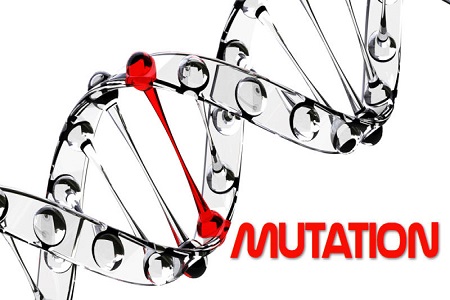
Hannah Finkelstein* had nursed her three older children, all healthy and inquisitive youngsters. So when baby Leah, only 4 days old, was losing weight, she knew something was wrong. Repeated visits to a local emergency room and protracted hospitalization kept the infant barely alive and on a feeding tube. Her family doctor and her rabbi insisted that she consult Prof. Michael Wilschanski, head of the Pediatric Gastroenterology Unit at Hadassah Hospital Ein Kerem.
Prof. Wilschanski and his colleague Dr. Peri Millman knew what they were seeing. Laboratory tests confirmed it. Leah was born with a mutation of the DGAT1 gene. No fats—even in her mother’s milk—can be absorbed, causing diarrhea, nutrient malabsorption, and eventually, the disorder familiarly called failure to thrive.
“We are the world center for this disease, which mainly affects Ashkenazi Jews,” said Prof. Wilschanski.
In intensive care, Leah received an imported low-fat formula. “For the first time, my baby was content,” said Hannah.
Today, pretty, rambunctious Leah, age 3, is the right weight for her age and is happy to return to nursery school now that they have reopened after closures due to the COVID-19 pandemic.
More good news: Leah’s brother, 3-month-old Eliezer, was born at Hadassah and received the formula from day one.
One Friday afternoon, the Finkelsteins received a surprising call from Prof. Wilschanski. A child from Gaza was found to have the same disorder. Getting the formula would be hard before Shabbat.
Hannah’s husband, Ezra, raced to the hospital with a supply for the Gaza baby.
Hannah commented, “God answered our prayers and sent us to the caring, modest yet brilliant doctors and nurses of Hadassah. We’re so thankful.”
*Family names have been changed.
